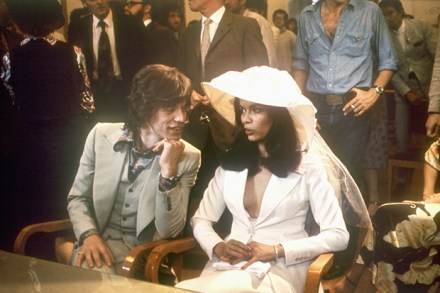In praise of rude nerds
The call centre problem — I’ve solved it. I now know how to get good service. The secret is to keep ringing back until you get a rude operative. Because, in this world at least, rude is the new polite. Admittedly it only works for technical help-lines, rather than call centres in general. But boy




















